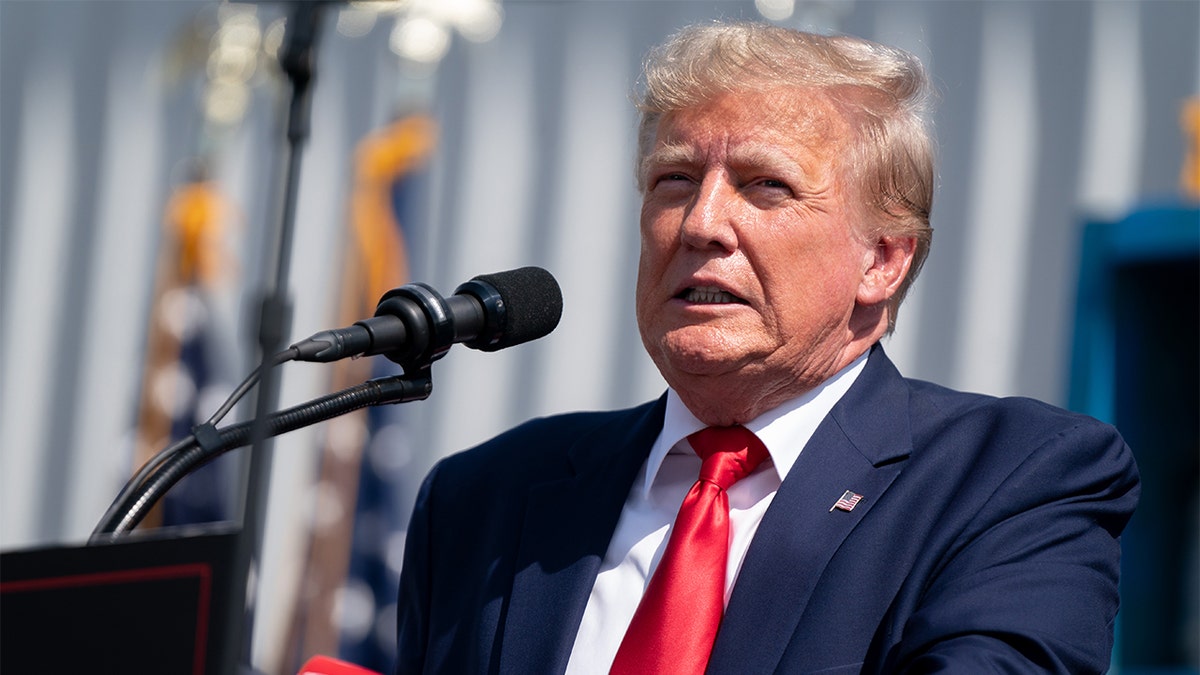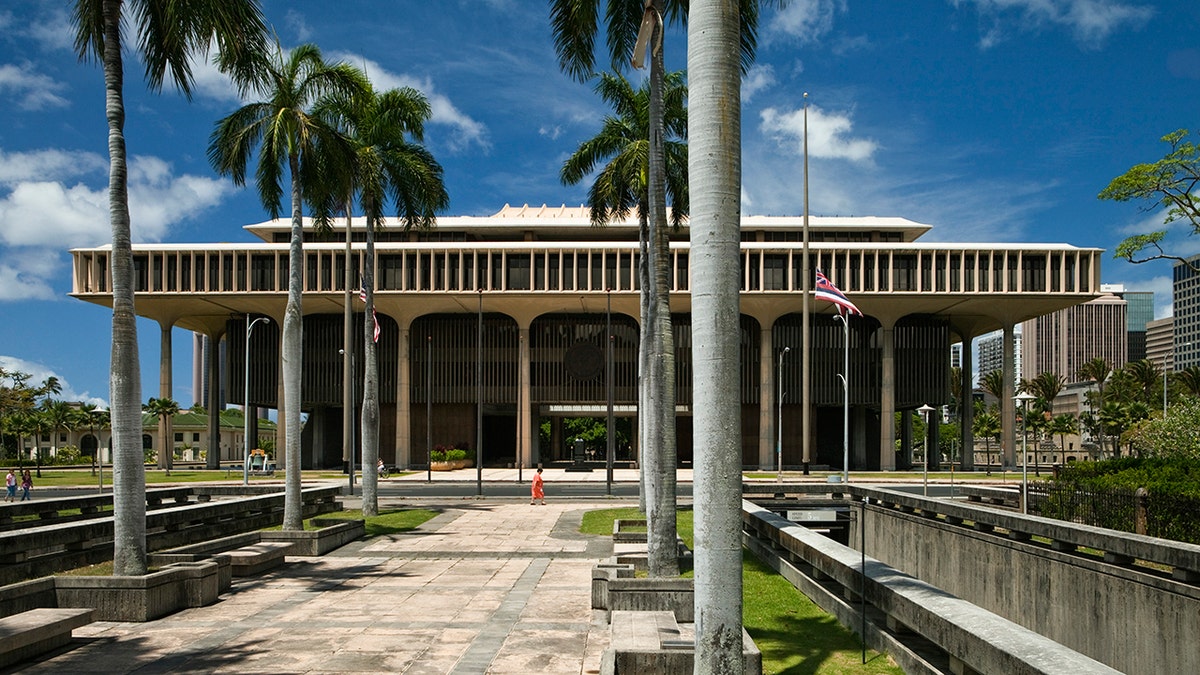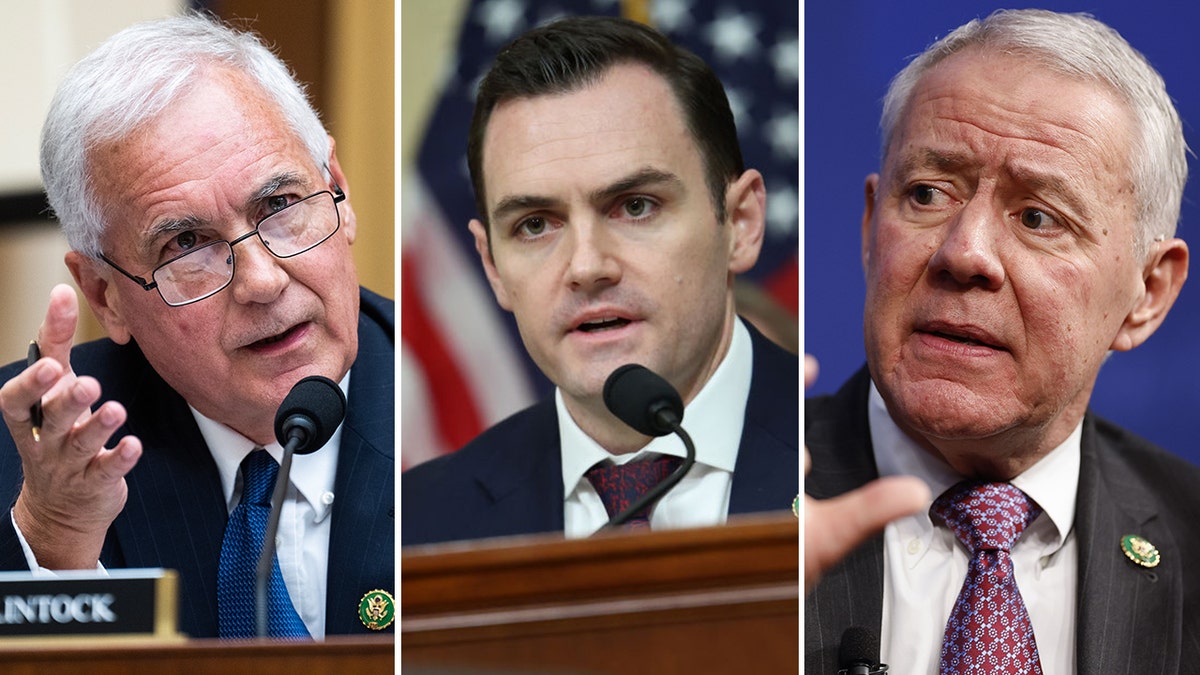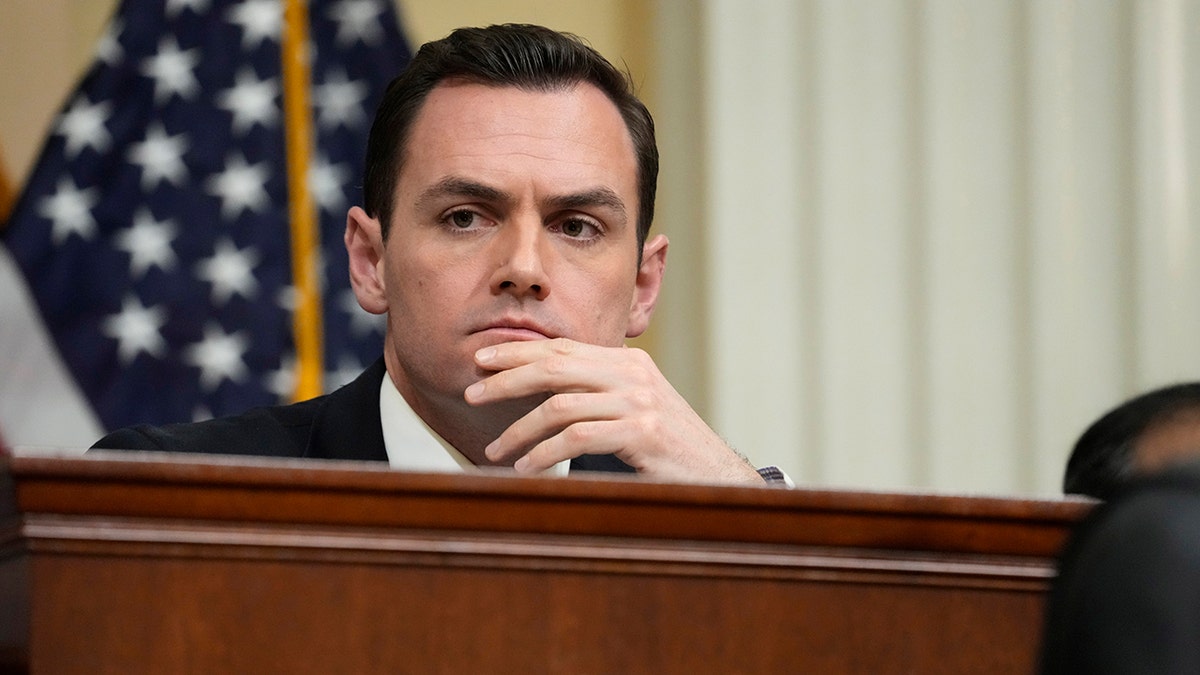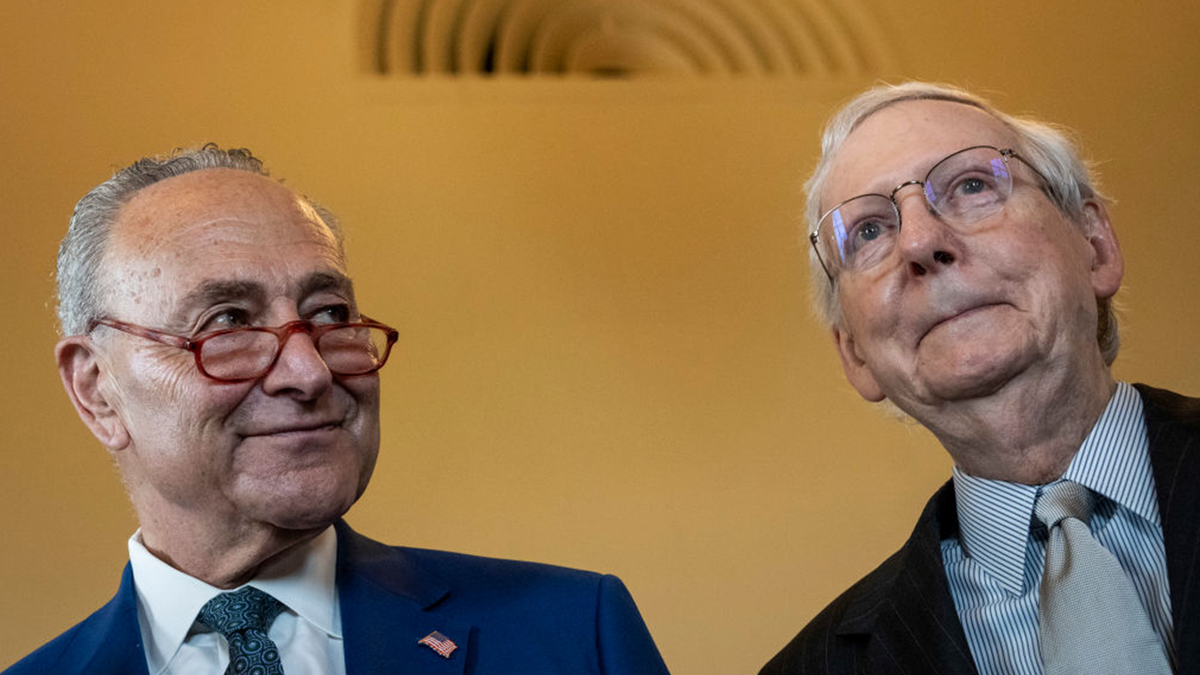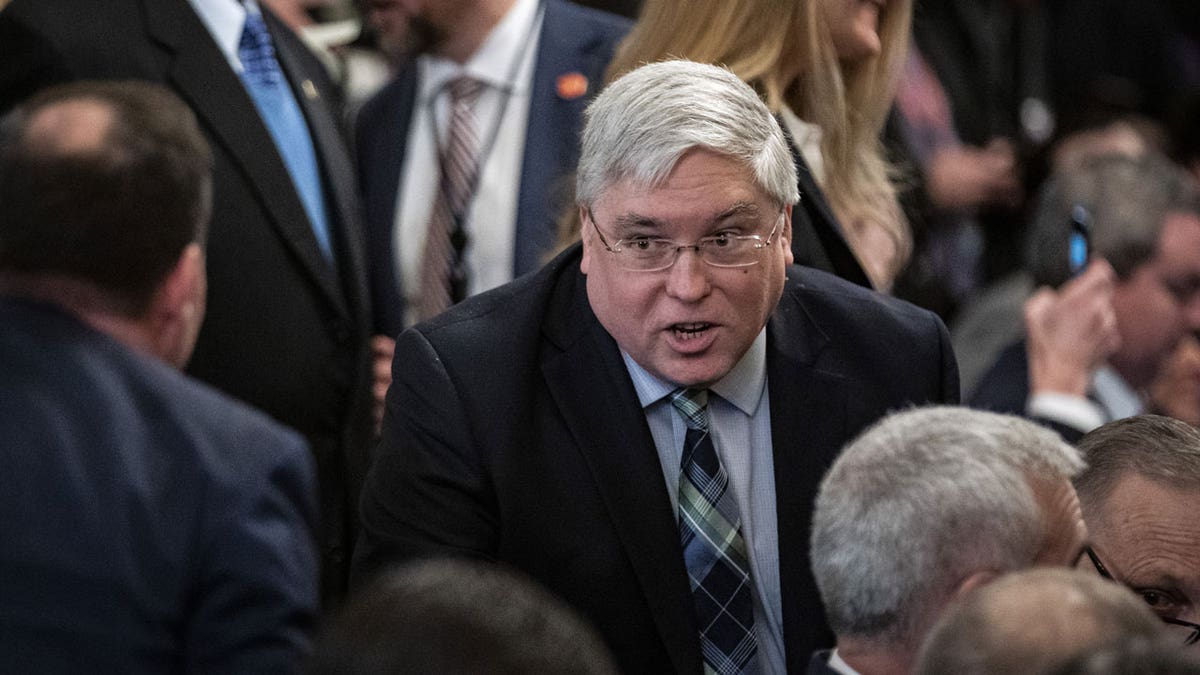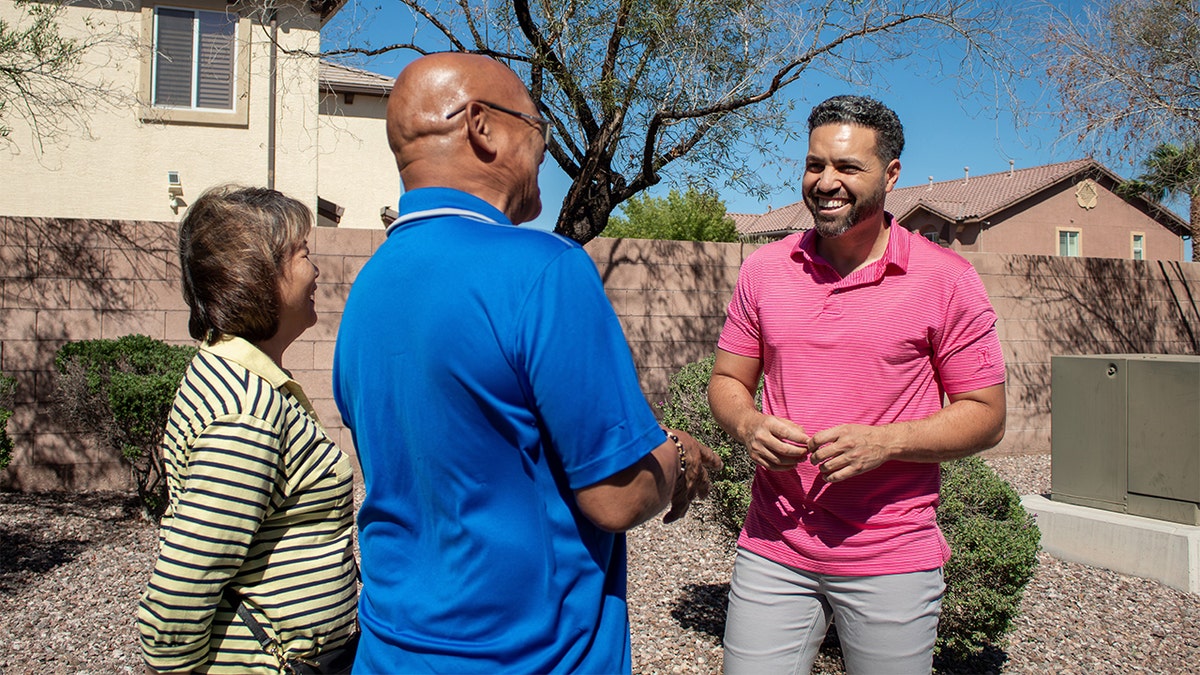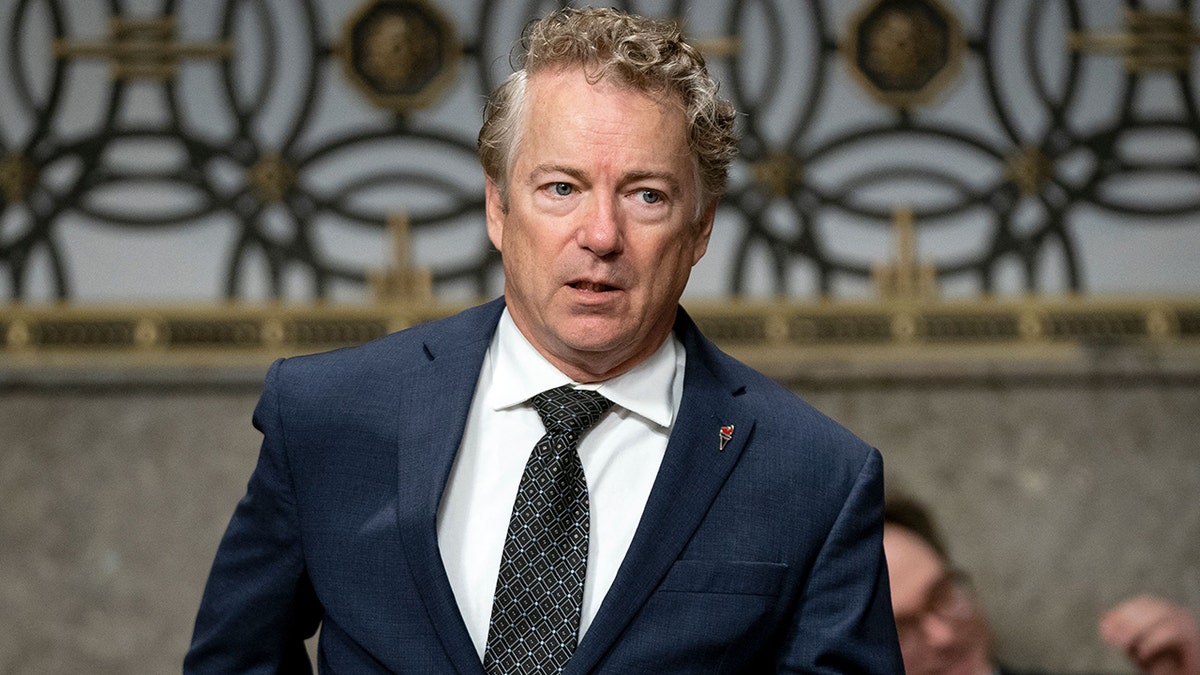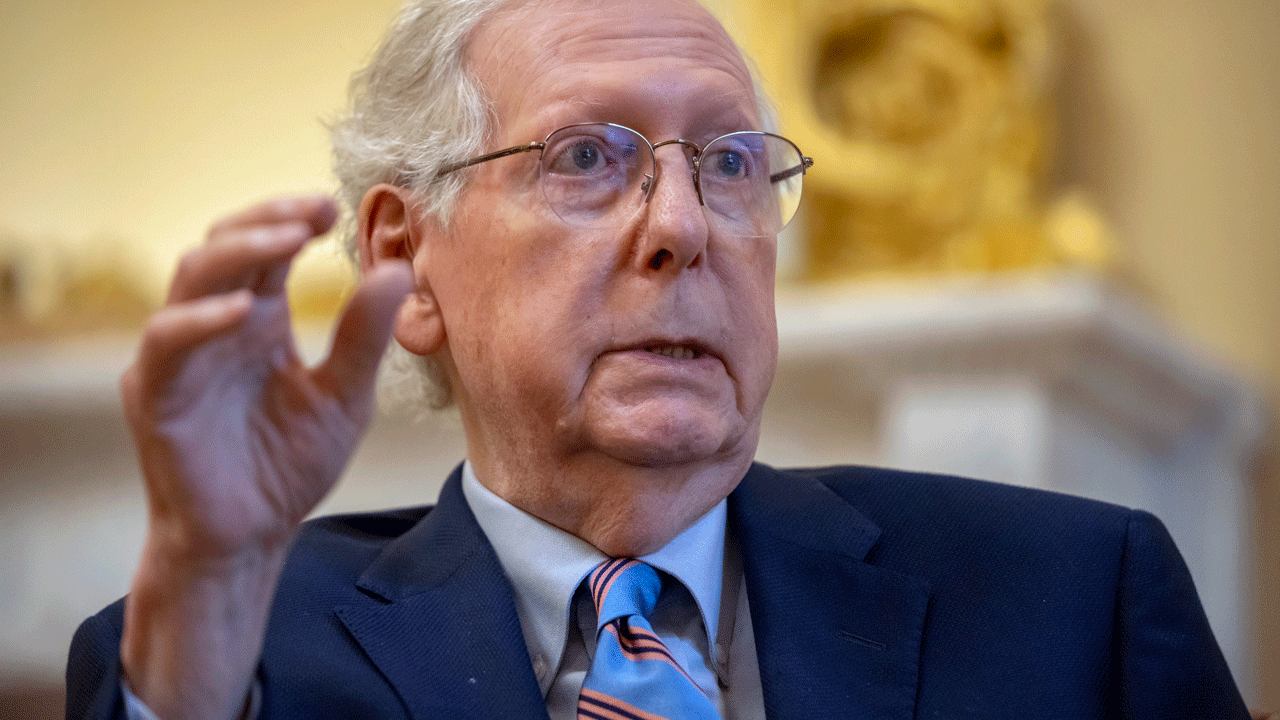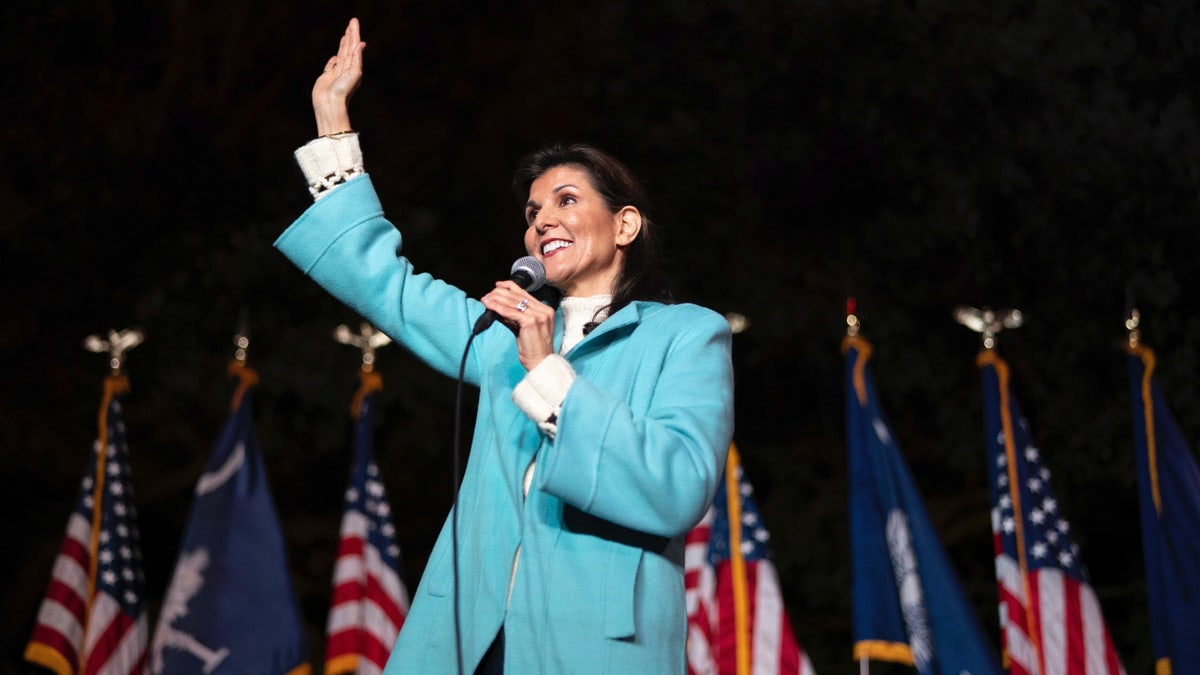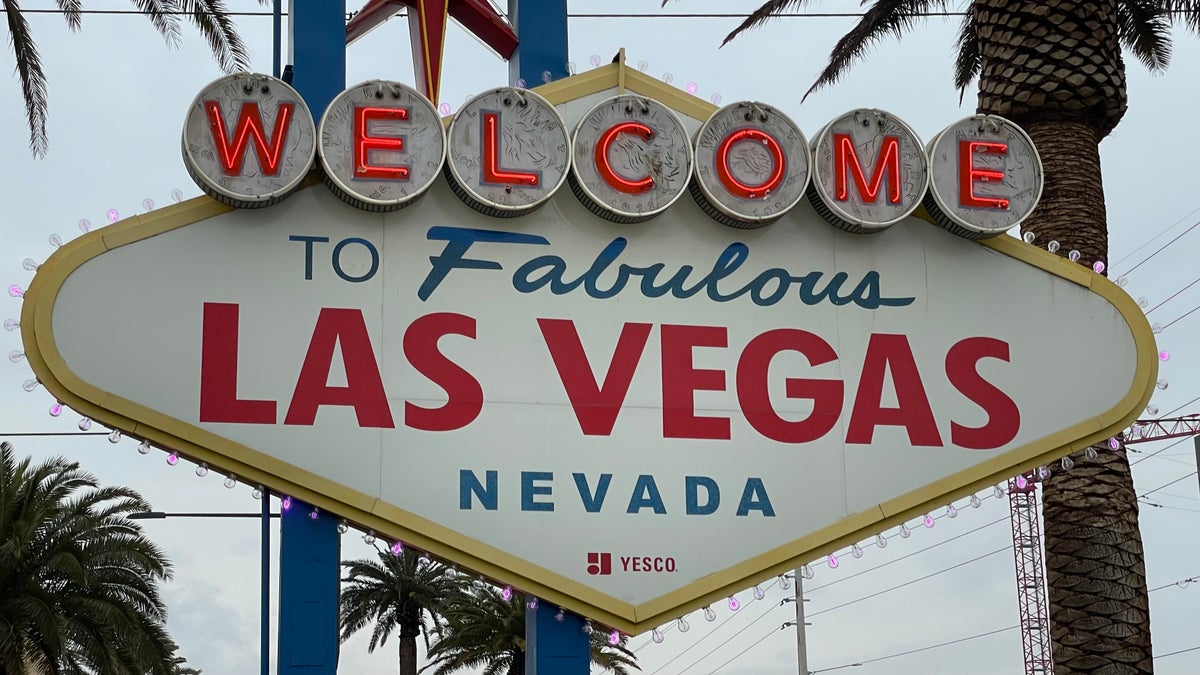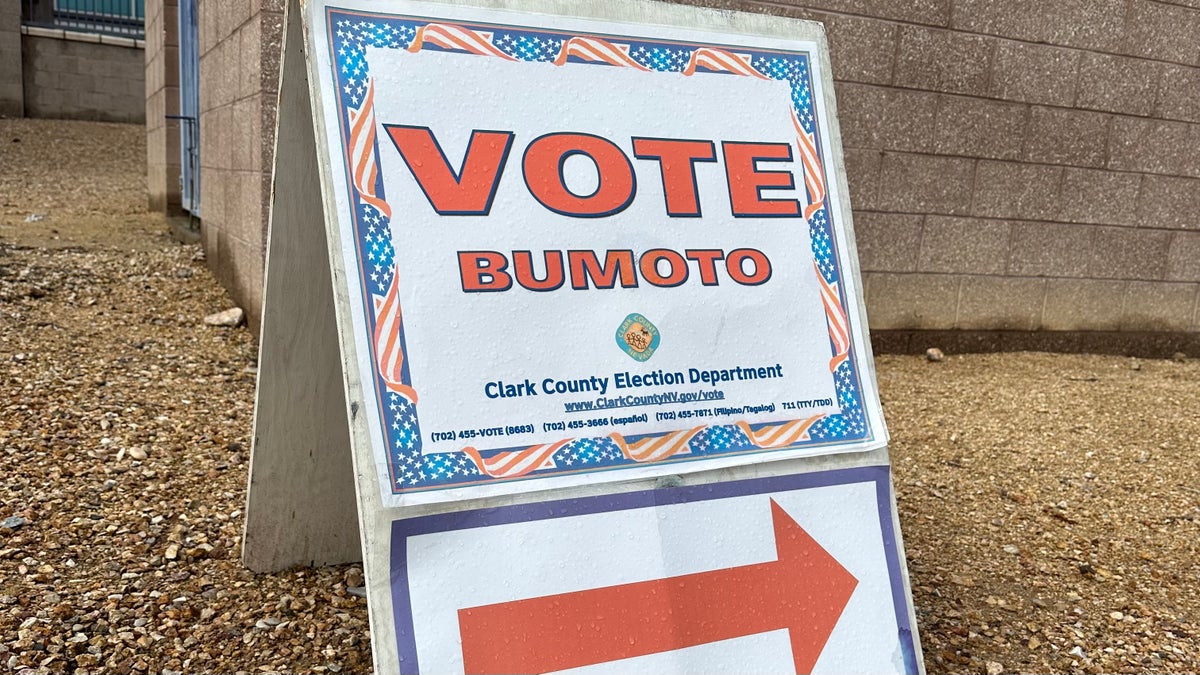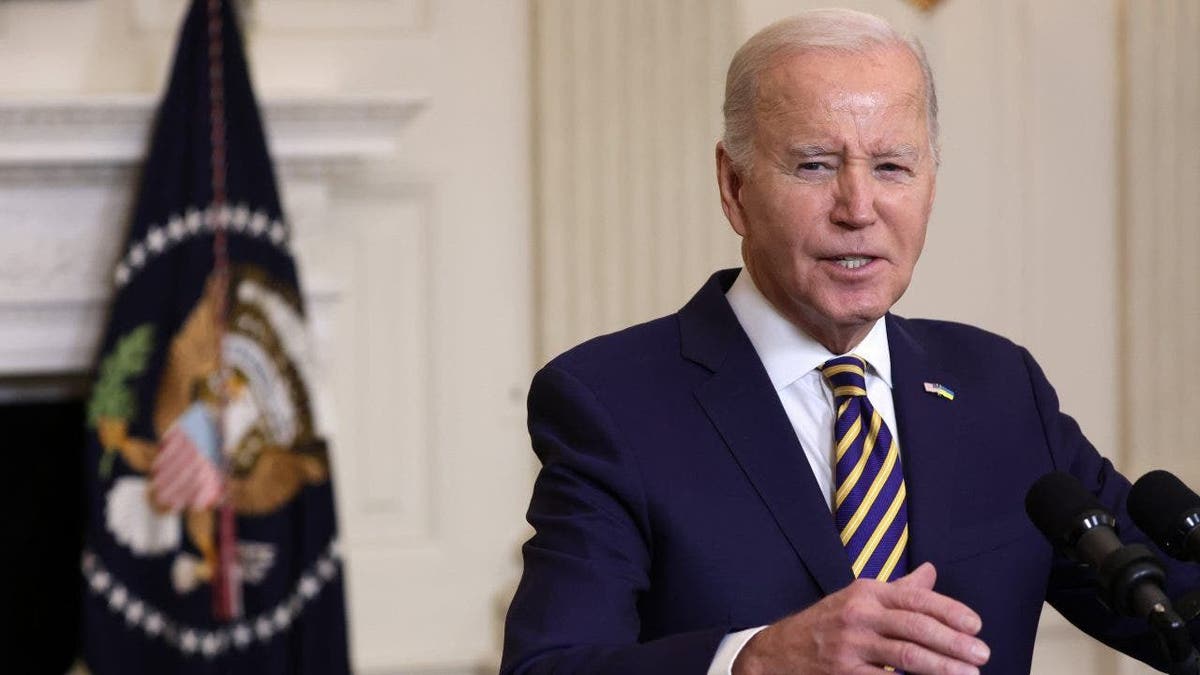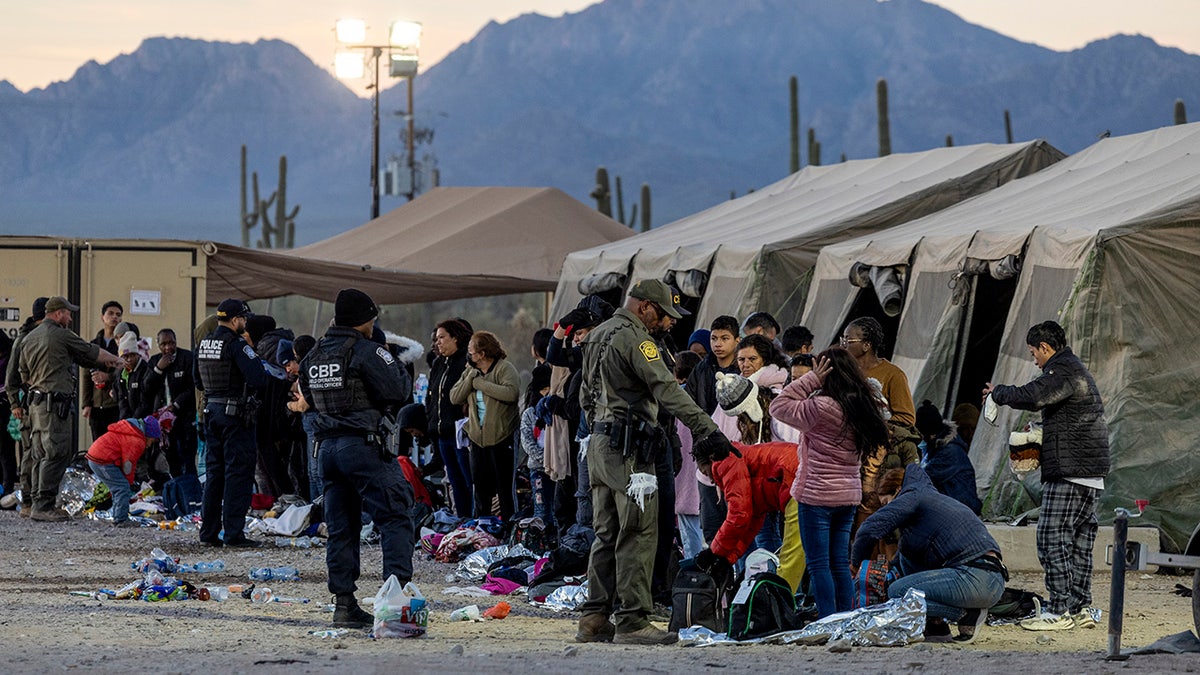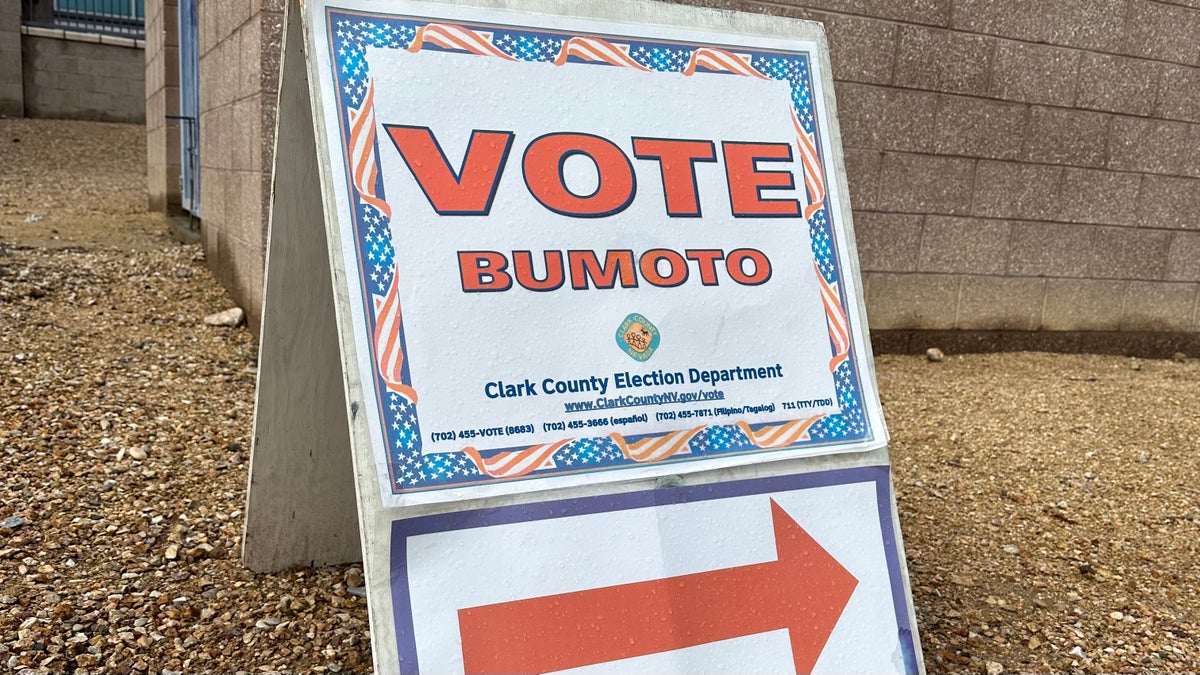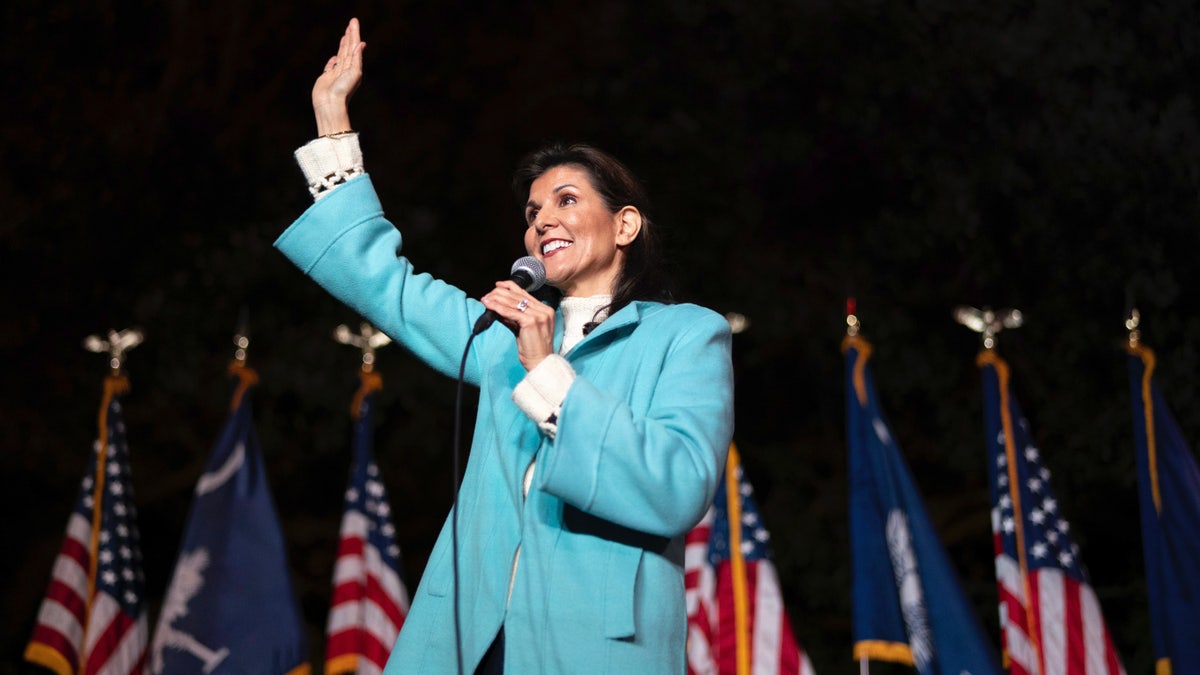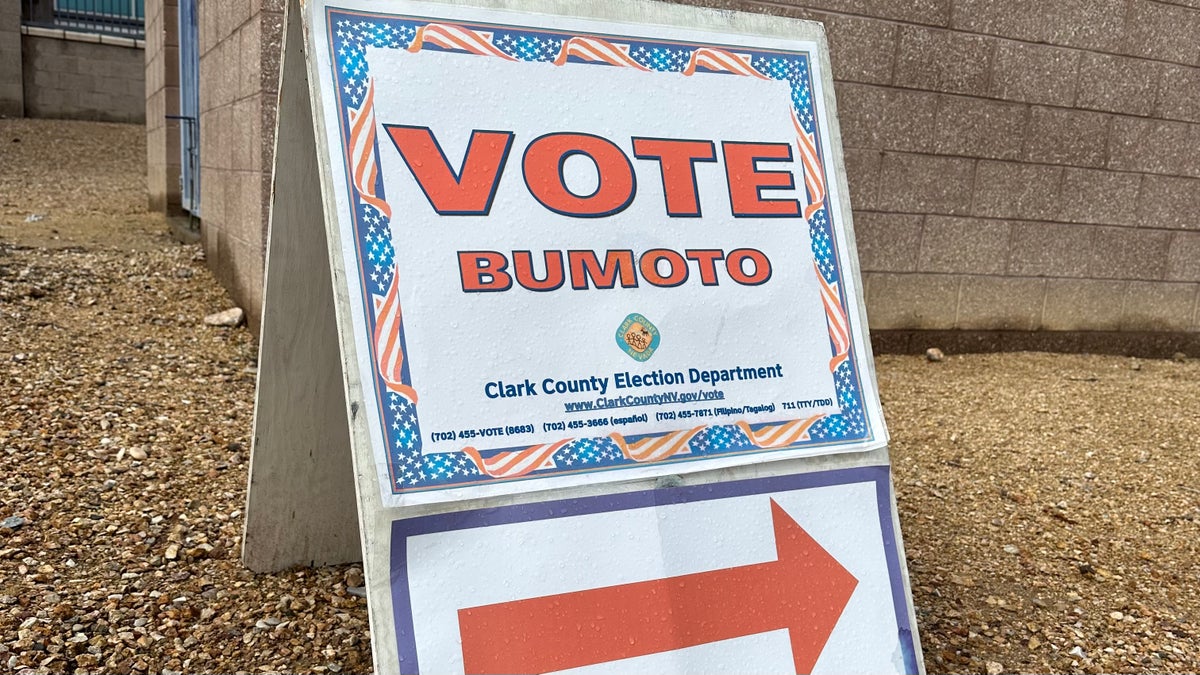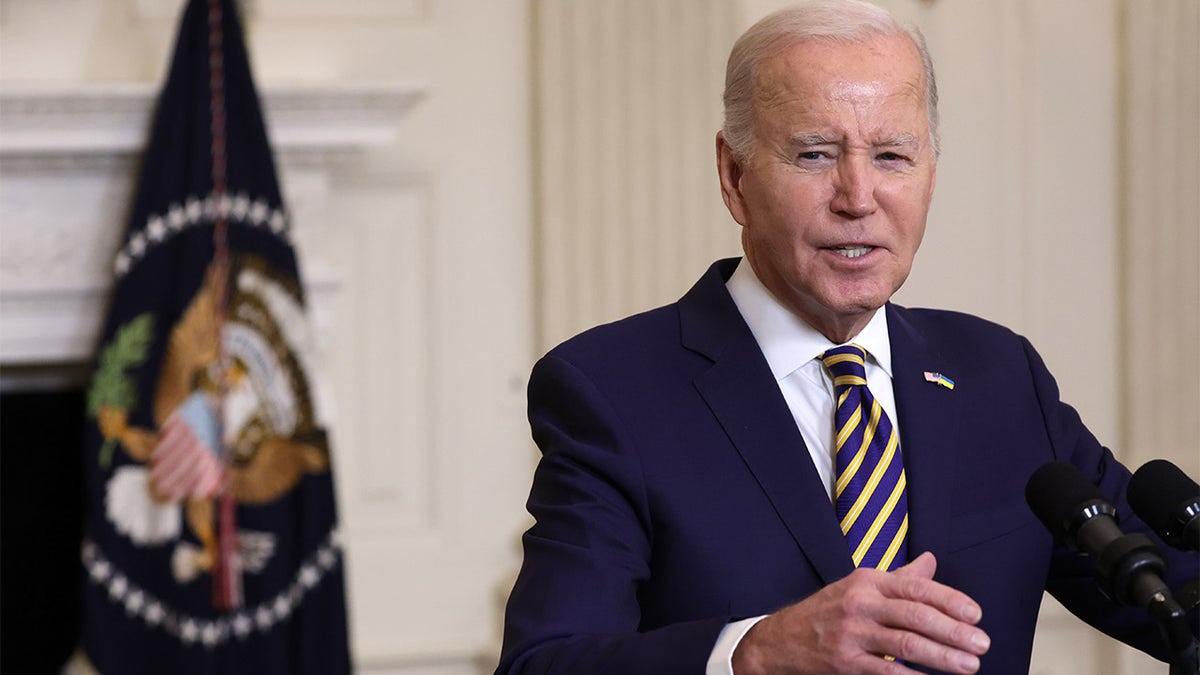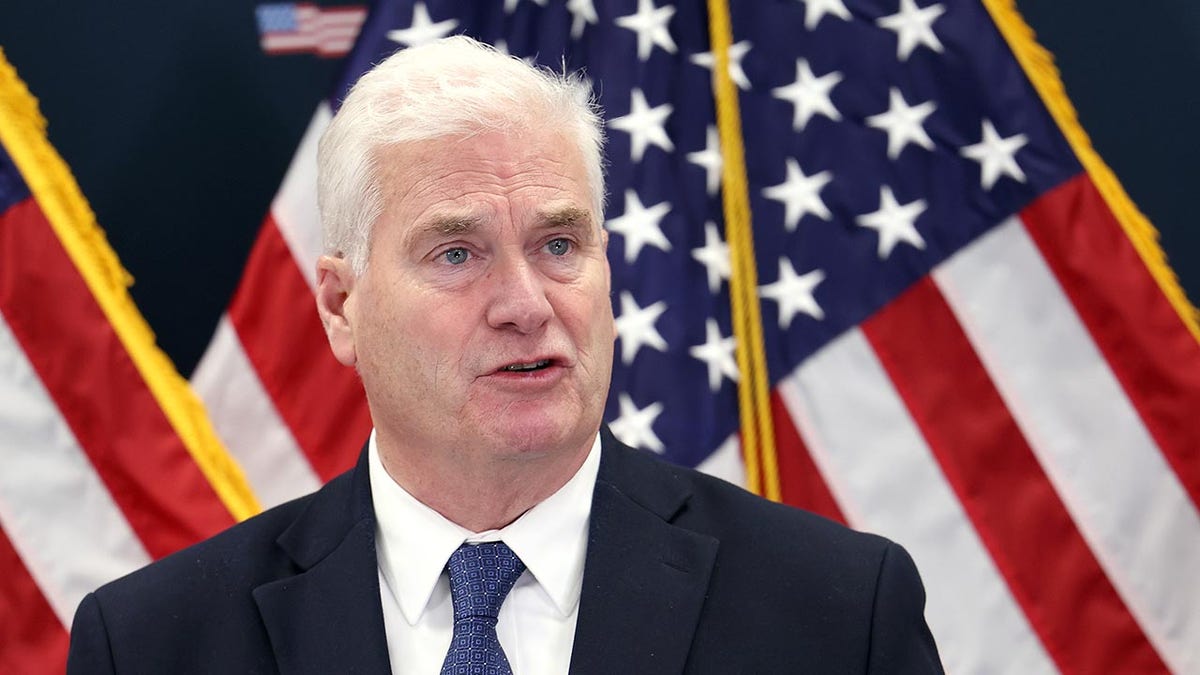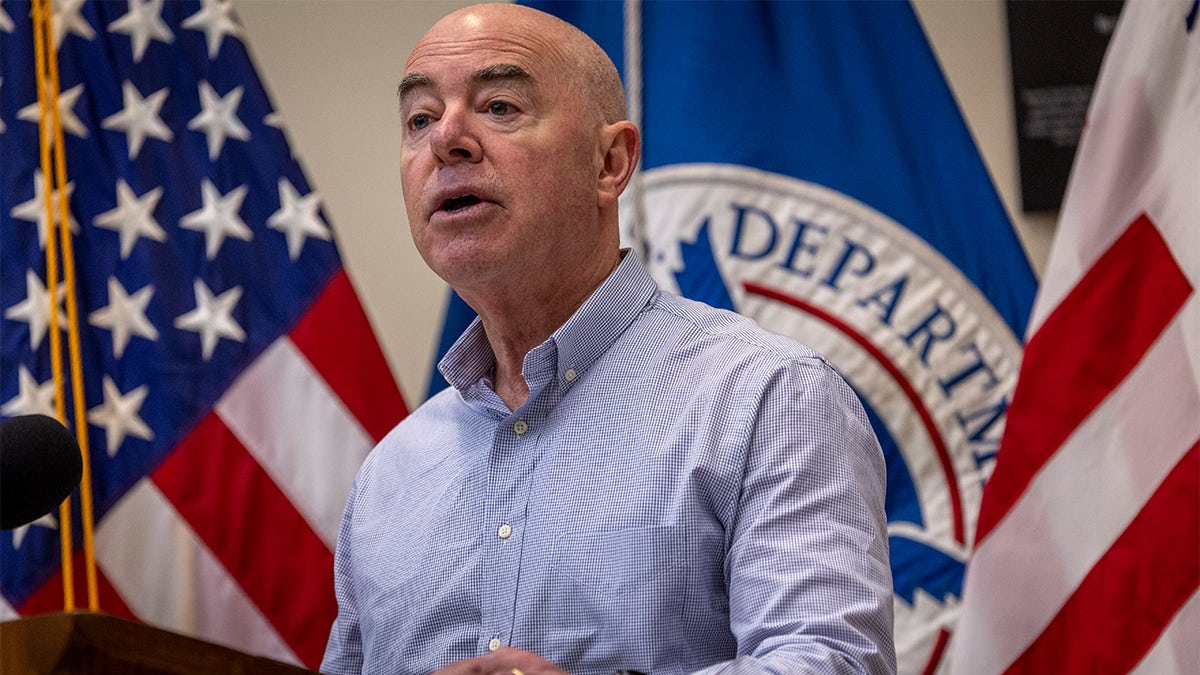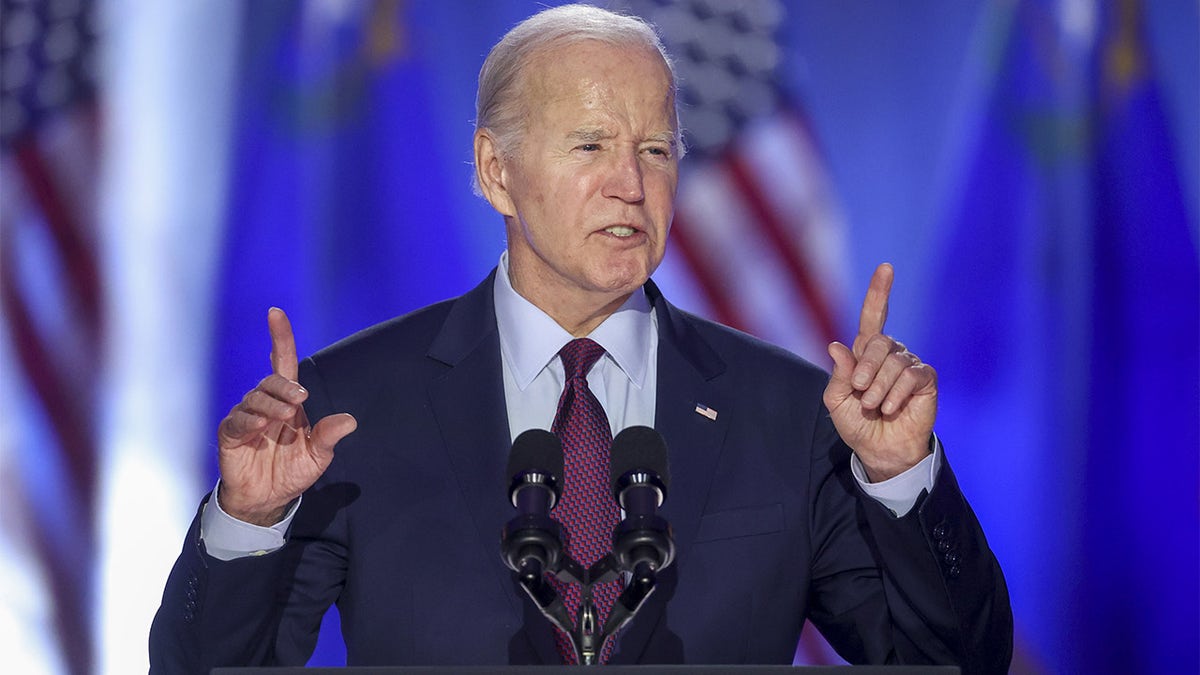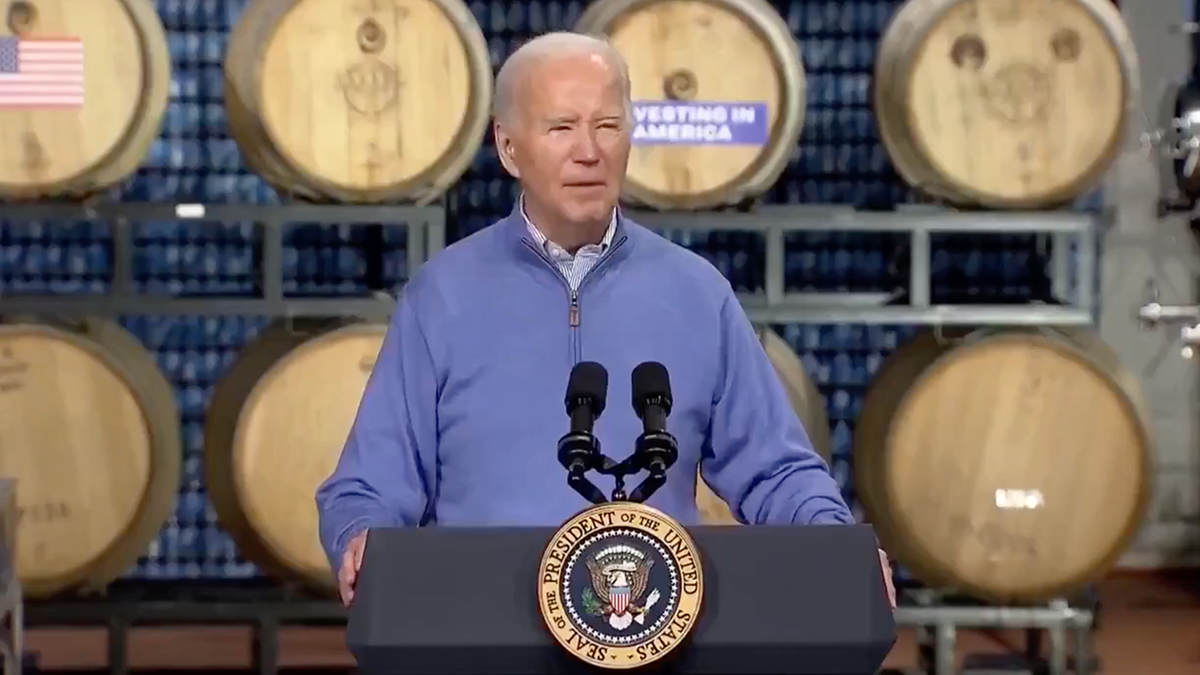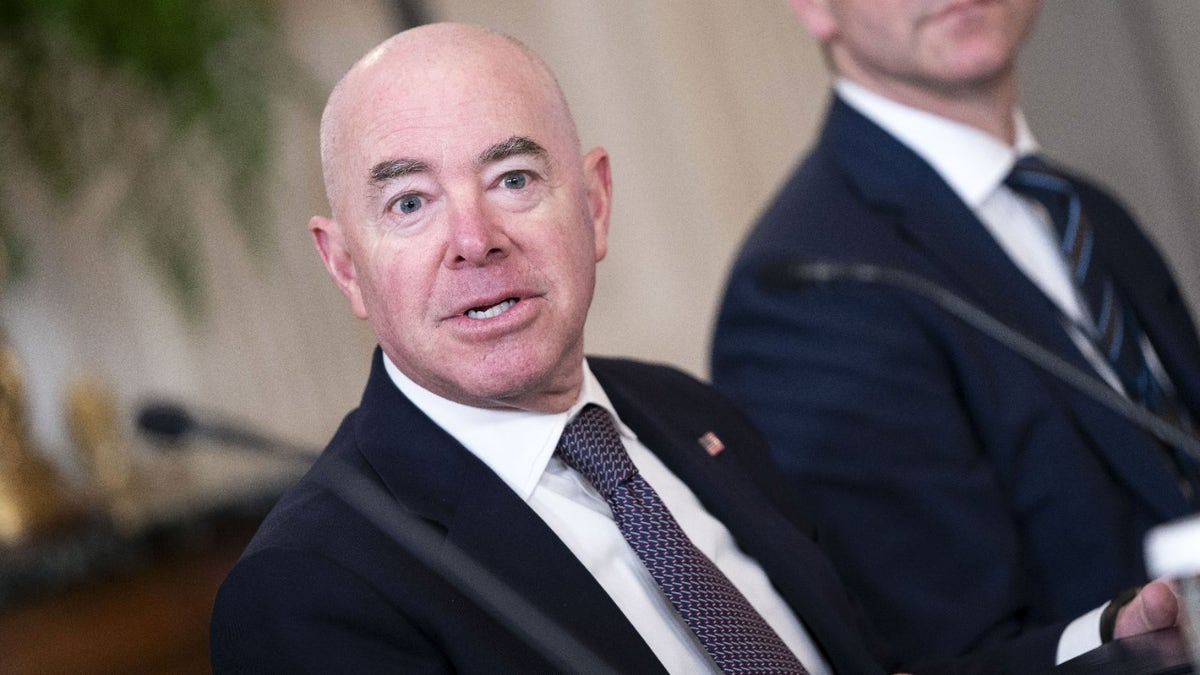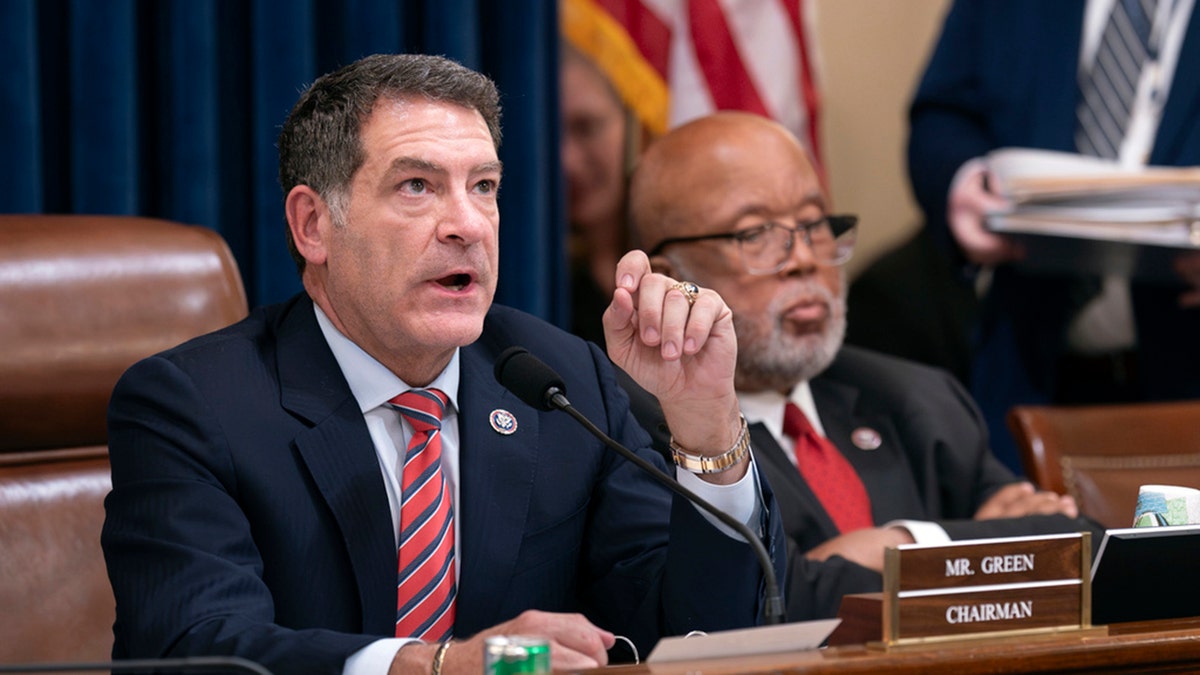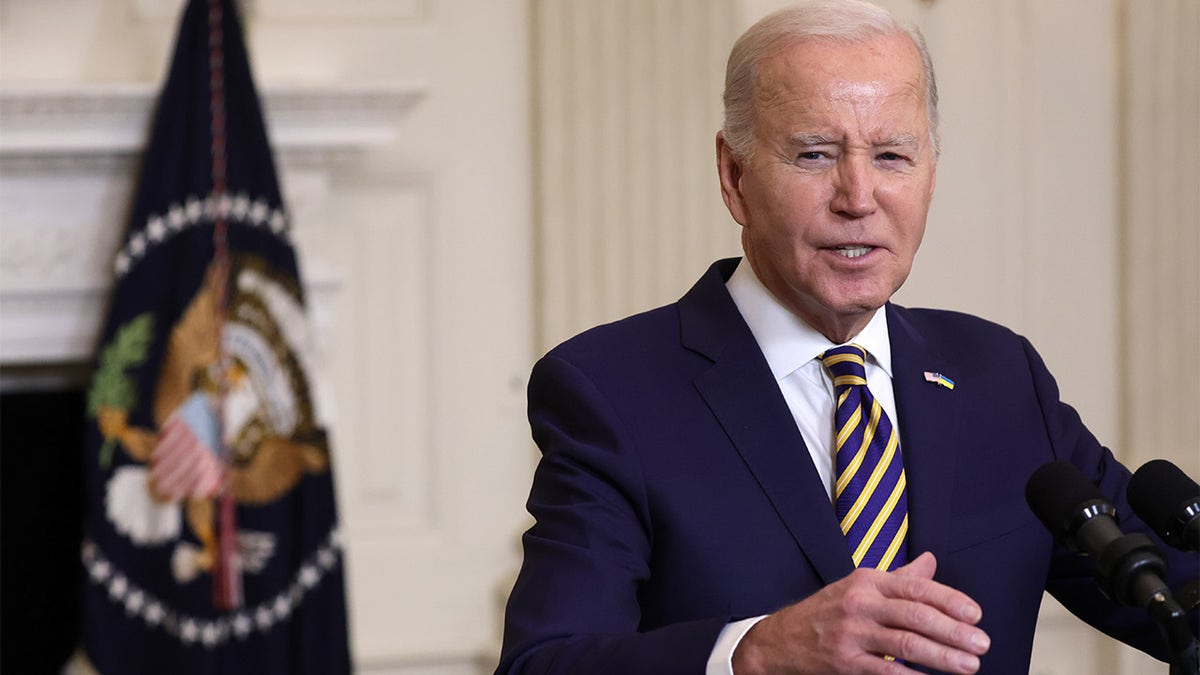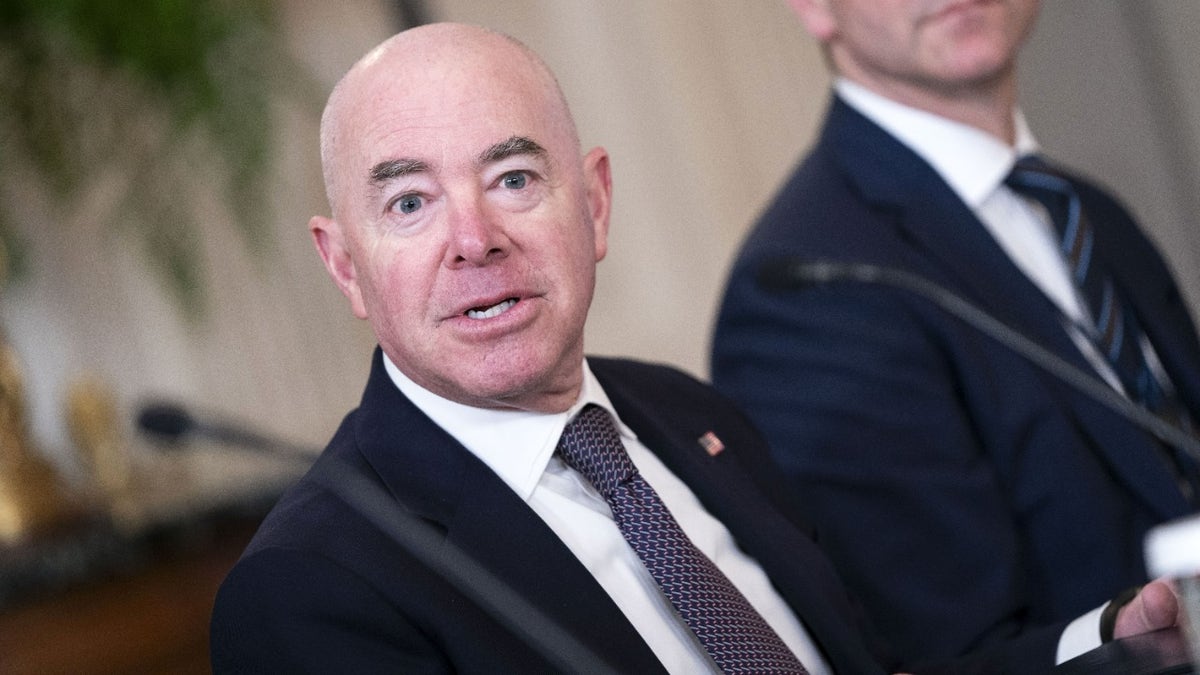In his bid for U.S. Senate in Ohio, Republican Bernie Moreno has cast himself in the mold of former President Donald Trump, who has endorsed him: that of “political outsider.”
“I’m the only outsider in the race. I’m the only one that has created businesses,” Moreno, a wealthy businessman from Cleveland, told Buckeye Patriots podcast host Joe Miller in October. “I’m the only one who is not part of the political system.”
But Moreno has, at times, served on the inside. Shortly before he entered politics, he sat on two government boards — one in Columbus, one in Cleveland. An Associated Press review found that each of those public entities boosted Moreno’s blockchain business while he served.
OHIO POLITICIANS REACT TO BIDEN VISITING EAST PALESTINE AFTER 1 YEAR: ‘TOO LITTLE TOO LATE’
Moreno faces Secretary of State Frank LaRose and state Sen. Matt Dolan in next month’s Republican primary. The winner will face third-term U.S. Sen. Sherrod Brown, viewed as among the nation’s most vulnerable Democrats, in November.
Moreno’s campaign says he was recruited to the executive committee of InnovateOhio, a state government technology initiative, and to the board of MetroHealth, Cleveland’s public hospital system, “because they wanted the perspective of a political outsider and successful businessman.” Both positions were unpaid.
“He didn’t make a cent from them and was donating his time, energy, and business expertise because he wanted to serve his community,” spokesman Conor McGuinness said in a statement. “His companies made a grand total of $0.00 as a result of his work.”
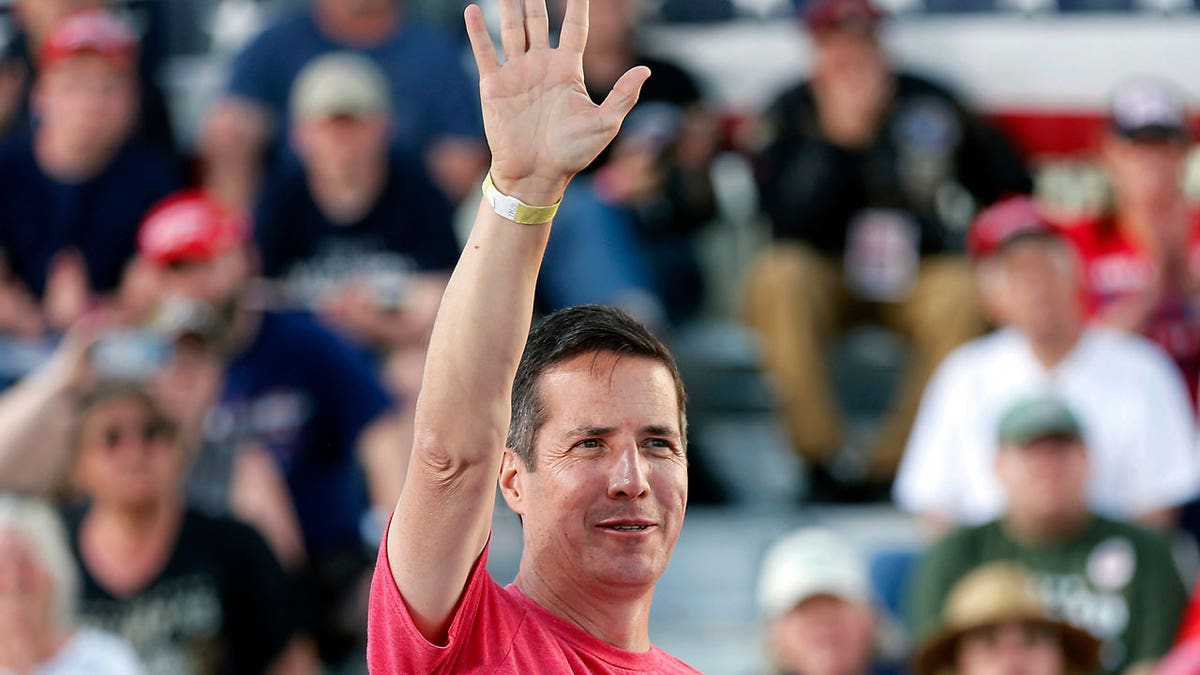
Bernie Moreno is seen here at a rally with former President Donald Trump at the Delaware County Fairgrounds, on April 23, 2022, in Delaware, Ohio. (AP Photo/Joe Maiorana, File)
That isn’t to say Moreno walked away empty-handed. When he cashed out his shares in blockchain company Ownum in April 2023, in order to avoid conflicts of interest, Moreno reported they were worth at least $5 million. Some of the company’s earliest votes of confidence had come from InnovateOhio and MetroHealth.
Moreno was appointed to the InnovateOhio Executive Board by Lt. Gov. Jon Husted in April 2019. Moreno had stood beside Husted and Republican Gov. Mike DeWine as the new office was announced the previous September, and was a featured guest at their technology-themed inaugural celebration that January.
Moreno and Husted already had a history. Across 10 years beginning in 2007, when Husted was speaker of the Ohio House and a Republican rising star, Moreno contributed a combined $20,000 to his political campaigns, state campaign finance reports show. Moreno gave another $25,000 to the DeWine-Husted for Ohio gubernatorial campaign in June 2018 — shortly after Ownum was incorporated.
Ownum was in the business of developing technology products that could replace paper-based government processes through digitization. At the time of Moreno’s appointment, the company had just announced its first product: a paperless blockchain option for vehicle titling, called CHAMPtitles. Moreno already had made it known that Ownum would be pitching CHAMPtitles to Ohio, among other states.
Fast-forward to December 2019. In an address at the Blockland Solutions Conference in Cleveland, Husted said that InnovateOhio working groups had identified the Bureau of Motor Vehicles as the first place the state would try out blockchain technology, which generates “blocks” of information or transactions into ledgers that are secure and transparent. Husted said the office had received a “proposal” — he didn’t mention from whom — for the state to work with the private sector to modify Ohio’s vehicle titling system. CHAMPtitles tweeted the “exciting news.”
“We are live in Ohio,” Ownum’s then-CEO Shane Bigelow would proclaim in a Cincinnati Business Journal interview about a year later. He told the publication that Husted “navigated the circumstances exceedingly well” and brought paperless titles into the state. He said Ohio was “a first mover” on the technology and Ownum now hoped to become “a 50-state solution.” Neighboring West Virginia announced it would become the first state to take its car titling fully digital through CHAMPtitles in 2022.
Something like Husted’s backing — or the later support of MetroHealth’s CEO — held potential financial benefits for the company, said Jonah Berger, an associate professor of marketing at the University of Pennsylvania’s Wharton School. “It can almost act as a signal of quality,” he said, to other states, governors or hospital systems considering the product.
“If it’s a new company that nobody’s ever heard of before, either affiliations with people that others trust, or endorsements from people that others trust, can sometimes be beneficial,” he said.
Husted’s spokeswoman, Hayley Carducci, said InnovateOhio aims to make Ohio “the most innovative, entrepreneurial state in the Midwest” and its executive committee “is advisory in nature and has no standing in the determination of state contracting.”
“Bernie Moreno is no longer on the advisory board but was originally included because of his expertise in tech and business,” she said in a statement.
McGuinness said it’s “laughable” to suggest serving on such boards makes Moreno any less of a political outsider, casting Brown, LaRose and Dolan all as “career politicians.”
“Just like any number of political outsiders — President Trump, Senator JD Vance, Vivek Ramaswamy, to name a few — Bernie’s successful business career made his perspective incredibly sought after by any number of organizations,” he said.
In Cleveland, Democratic Cuyahoga County Executive Armond Budish nominated Moreno to the MetroHealth board of trustees in September 2019. Moreno had donated $5,000 to Budish’s re-election bid in July 2018, county campaign finance records show. Budish did not respond to messages seeking comment.
Then-Cuyahoga County Council member Shontel Brown, now a Democratic congresswoman, told The Plain Dealer at the time that it was abnormal that Moreno didn’t attend his own confirmation hearing. She also said the process was rushed at the request of MetroHealth CEO Dr. Akram Boutros, who wanted Moreno confirmed ahead of the health system’s October board meeting.
CLICK HERE TO GET THE FOX NEWS APP
Six months later, Ownum’s second product, Vital Chain — which provided blockchain birth and death certificates — landed MetroHealth as its first client. Boutros promoted the development as “a huge leap for public health efforts, such as those designed to combat infant mortality.”
Moreno stepped down from the health system’s board in February 2021 ahead of his first Senate run.
McGuinness said Moreno’s campaign contributions to Husted and Budish joined “hundreds of thousands of dollars (he has donated) to countless Republican candidates and causes across Ohio and throughout the nation” and played no role in either appointment.
